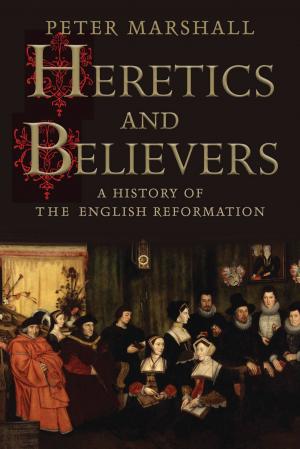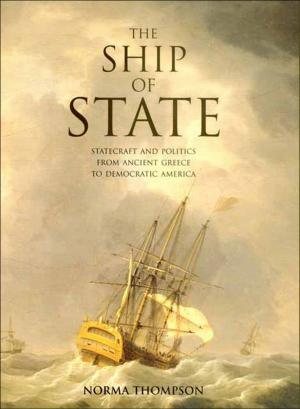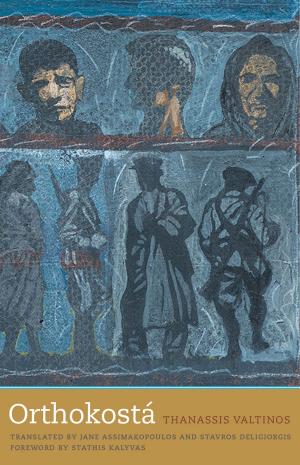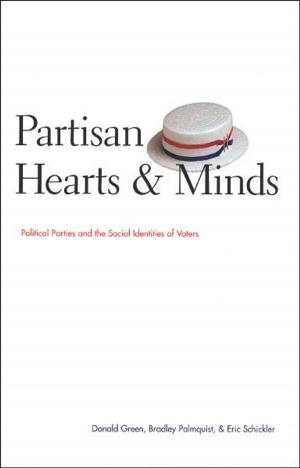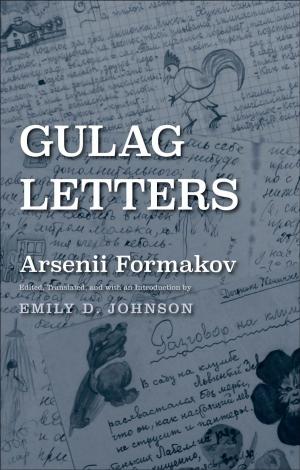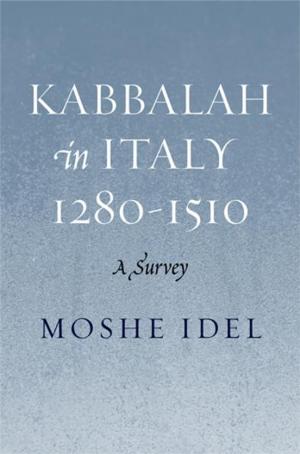Zulu Warriors
The Battle for the South African Frontier
Nonfiction, History, Modern, 19th Century, Africa, Social & Cultural Studies, Political Science| Author: | John Laband | ISBN: | 9780300206197 |
| Publisher: | Yale University Press | Publication: | May 27, 2014 |
| Imprint: | Yale University Press | Language: | English |
| Author: | John Laband |
| ISBN: | 9780300206197 |
| Publisher: | Yale University Press |
| Publication: | May 27, 2014 |
| Imprint: | Yale University Press |
| Language: | English |
Every Easter, audiences across the globe thrill to performances of Handel’s Hallelujah Chorus,” but they would probably be appalled to learn the full extent of the oratorio’s anti-Judaic message. In this pioneering study, respected musicologist Michael Marissen examines Handel’s masterwork and uncovers a disturbing message of anti-Judaism buried within its joyous celebration of the divinity of the Christ.
Discovering previously unidentified historical source materials enabled the author to investigate the circumstances that led to the creation of the Messiah and expose the hateful sentiments masked by magnificent musical artistry-including the famed Hallelujah Chorus,” which rejoices in the dashing to pieces” of God’s enemies, among them the people of Israel.” Marissen’s fascinating, provocative work offers musical scholars and general readers alike an unsettling new appreciation of one of the world’s best-loved and most widely performed works of religious music.
Discovering previously unidentified historical source materials enabled the author to investigate the circumstances that led to the creation of the Messiah and expose the hateful sentiments masked by magnificent musical artistry-including the famed Hallelujah Chorus,” which rejoices in the dashing to pieces” of God’s enemies, among them the people of Israel.” Marissen’s fascinating, provocative work offers musical scholars and general readers alike an unsettling new appreciation of one of the world’s best-loved and most widely performed works of religious music.
Every Easter, audiences across the globe thrill to performances of Handel’s Hallelujah Chorus,” but they would probably be appalled to learn the full extent of the oratorio’s anti-Judaic message. In this pioneering study, respected musicologist Michael Marissen examines Handel’s masterwork and uncovers a disturbing message of anti-Judaism buried within its joyous celebration of the divinity of the Christ.
Discovering previously unidentified historical source materials enabled the author to investigate the circumstances that led to the creation of the Messiah and expose the hateful sentiments masked by magnificent musical artistry-including the famed Hallelujah Chorus,” which rejoices in the dashing to pieces” of God’s enemies, among them the people of Israel.” Marissen’s fascinating, provocative work offers musical scholars and general readers alike an unsettling new appreciation of one of the world’s best-loved and most widely performed works of religious music.
Discovering previously unidentified historical source materials enabled the author to investigate the circumstances that led to the creation of the Messiah and expose the hateful sentiments masked by magnificent musical artistry-including the famed Hallelujah Chorus,” which rejoices in the dashing to pieces” of God’s enemies, among them the people of Israel.” Marissen’s fascinating, provocative work offers musical scholars and general readers alike an unsettling new appreciation of one of the world’s best-loved and most widely performed works of religious music.

